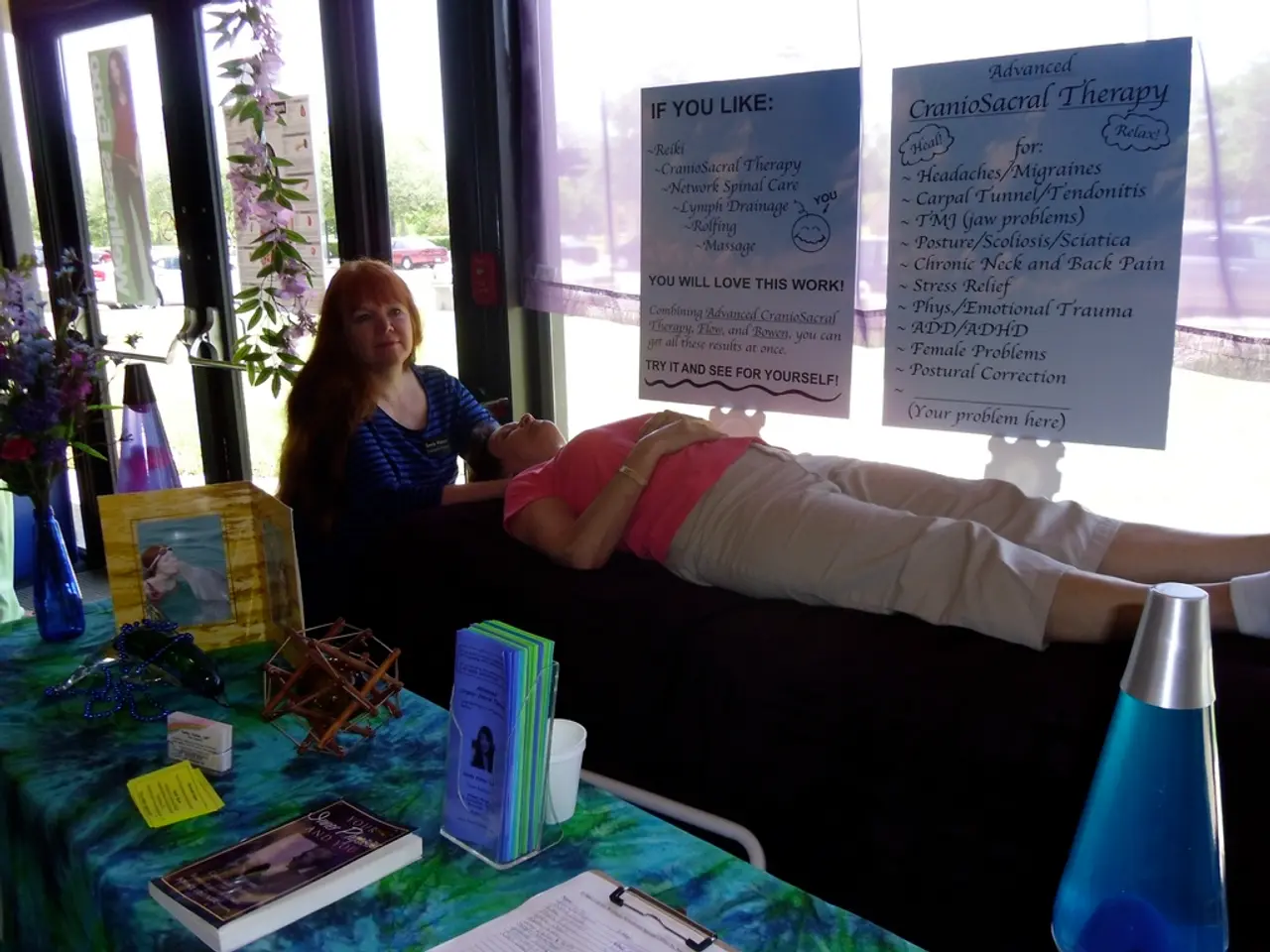Techniques for Mitigating Pain in the Shoulder Specific to Nerves
Nerve pain in the shoulder can be a debilitating condition, but effective management is possible through a combination of medical treatments, lifestyle changes, and alternative therapies.
Medical Treatments
Over-the-counter pain relievers like ibuprofen can help reduce inflammation and pain. Prescription medications may be required for more severe cases. Corticosteroid injections can target inflammation around nerves, while physical therapy focuses on improving shoulder flexibility, strengthening muscles, and reducing nerve pressure. Rest and immobilization can also be beneficial in reducing strain and promoting healing.
Lifestyle Changes
Correcting posture, especially during desk work, reduces strain on the shoulder and neck. Gentle exercises like yoga or Tai Chi maintain mobility without excessive strain. An anti-inflammatory diet rich in healthy fats and spices such as turmeric, ginger, and cumin may help reduce systemic inflammation contributing to pain.
Alternative Therapies
Heat and cold therapy can be beneficial. Ice can reduce inflammation, while heat promotes blood flow and muscle relaxation. Massage therapy helps release muscle tension that might worsen nerve pain, while acupuncture and Transcutaneous Electrical Nerve Stimulation (TENS) can modulate pain signals non-pharmacologically.
Summary of Key Approaches
| Treatment Type | Examples | Purpose | |------------------------|-------------------------------------------|--------------------------------| | Medical | NSAIDs, corticosteroid injections, physical therapy | Reduce inflammation, relieve pain, strengthen muscles, improve mobility | | Lifestyle | Posture correction, gentle yoga/Tai Chi, anti-inflammatory diet | Prevent strain, maintain flexibility, reduce systemic inflammation | | Alternative Therapies | Heat/cold therapy, massage, acupuncture, TENS | Relieve muscle tension, improve circulation, modulate pain signals |
This multi-modal approach ensures that nerve pain is managed both symptomatically and through addressing underlying mechanical or inflammatory causes, optimizing recovery and functionality.
Physical therapy can guide you through specific exercises to strengthen the shoulder muscles, improve flexibility, and reduce pain. Symptoms of nerve pain in the shoulder include sharp or shooting pain, tingling, numbness, weakness, or a pins-and-needles sensation.
In severe cases, surgical procedures might be required. Maintaining a healthy weight can help reduce strain on the shoulder and minimize pressure on the nerves. Avoid activities that aggravate your shoulder pain and make sure to get enough rest and sleep for proper healing and recovery.
Massage therapy can target the muscles around the shoulder, reducing tension and promoting relaxation. Making lifestyle modifications, such as adjusting daily activities, can significantly contribute to the management of nerve pain in the shoulder. Chiropractic care can help realign the spine, thereby relieving pressure on the nerves in the shoulder.
Consulting with a healthcare professional is essential for proper diagnosis of the underlying cause of nerve pain in the shoulder. With the right combination of treatments, lifestyle changes, and alternative therapies, managing nerve pain in the shoulder is achievable.
- While medical treatments like NSAIDs and corticosteroid injections aim to reduce inflammation and relieve pain, physical therapy focuses on strengthening muscles, improving mobility, and reducing nerve pressure in the shoulder.
- Lifestyle changes, such as correcting posture, especially during desk work, and adopting an anti-inflammatory diet rich in healthy fats and spices like turmeric, ginger, and cumin, can help prevent strain and reduce systemic inflammation contributing to nerve pain.
- Alternative therapies like heat/cold therapy, massage, acupuncture, and Transcutaneous Electrical Nerve Stimulation (TENS) can aid in relieving muscle tension, improving circulation, and modulating pain signals non-pharmacologically, helping manage nerve pain in the shoulder.




